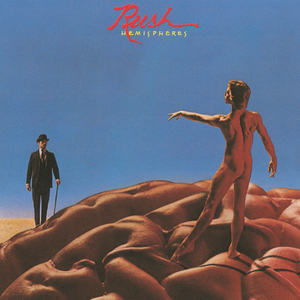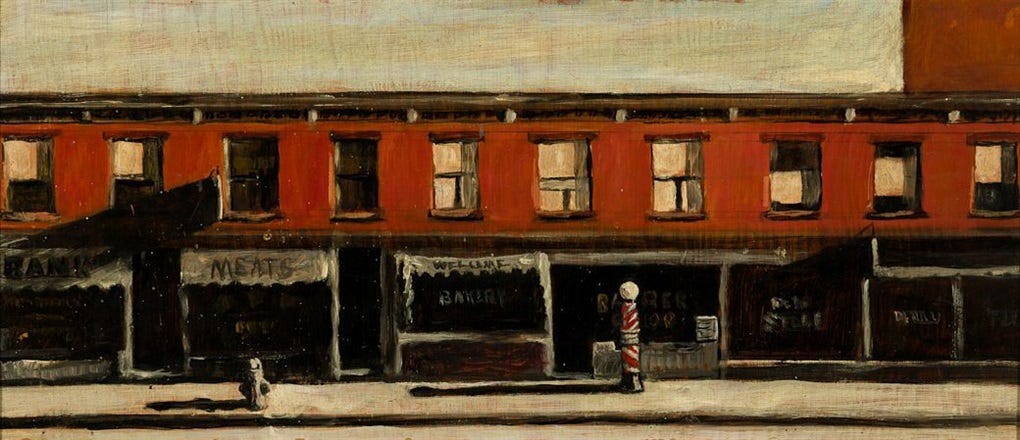The show that was opening was Tennessee William's Night of the Iguana. I had a small role as one of the German tourists. My older brother Jerry was playing the bus driver. I had dyed my hair platinum blond to look more Teutonic. The play itself was beautiful, this really sad tale of a defrocked, drunken priest named Shannon trying to come to terms with reality while leading tours for little old ladies and their daughters and grand-daughters around Central America. The action of the play takes place while Shannon and his latest group of touristas are staying at a cheap little hotel in Mexico run by a randy woman named Maxine. At the start of the play, Shannon has just been accused of sleeping with one of the tourists, a 16 year old named Charlotte. This makes the rest of the group rather angry. Also staying at the hotel is a spinster named Hannah and her poet father, Nonno- who is very old and clearly about to shuffle off this mortal coil but hoping to finish one last poem before he goes. It's a really beautiful play, and the production was fantastic. I was very proud to be a part of it, albeit in a very small part.
Anyway, on opening night, I was extremely excited- running around backstage, watching as much of the show from the wings as I could, savoring every reaction from the audience. Jerry was strangely quiet. I found him in the wings, watching the show quietly, with this funny look on his face. I told him I thought the show was going great. He noticed me, put on this big smile, and said "Yeah, it is! You're doing great." Then he turned back to watch the action. There is something really magic about watching a show from the wings of a theatre- something sacred and rare that makes you feel like a god, or someone possessed of magic. At the end of the play, Nonno finally finishes his poem, and recites it. Jerry and I watched the scene from back stage right, if I remember right. Here's the poem.
How calmly does the orange branch
observe the sky begin to blanch
Without a cry, without a prayer,
with no expression of despair!
Sometime while night obscures the tree
the zenith of her life will be
Gone past forever, and from thence
a second history will commence,
A chronicle no longer gold,
a bargaining with mist and mold,
And finally the broken stem,
the plummeting to earth, and then
An intercourse not well-designed
for creatures of the golden kind
Whose native green mists arch above
the earth’s obscure, corrupting love
And still the lemon on the branch
observes the sky begin to blanch
Without a cry, without a prayer,
with no expression of despair.
O courage will you not as well
select a second place to dwell,
Not only in the orange tree
but in the frightened heart of me?
Nonno finishes the poem, and dies on stage.
After the show and the curtain call and the running around hugging everyone, I ran to Jerry's dressing room. He was sitting in front of his mirror. I started babbling about the show, the audience, the impending cast party which was going to be amazing. Jerry said he wasn't going to the party. I asked him why. He said "Brock went to sleep today". Brock was his room mate, a really cool guy who went to high school with Jerry and my sister Heather. He was Heather's first boyfriend, actually- and always very tolerant of me, the annoying younger brother who always begged to be taken to whatever thing he and Heather were doing- movies, the beach, whatever. He had joined the army after high school- but after carrying some hazardous waste for the good old USA, he developed cancer in his hip. He came home, went through a lot of treatment, and lived with my brother. He never complained about it. Ever. He would come to parties, tell stories, and be the cool guy he always was. I remember one party where he introduced me to the music of Tom Waits. He played me and some of my buddies the song "Tom Traubert's Blues", and I thought it was the coolest song in the history of the world.
"Brock went to sleep, and he didn't wake up." Jerry said this, and I had no idea what he was talking about. Brock took a nap? Great, he's so tired these days.
Jerry looked at me funny. And I got it. Oh. That sleep. The one you don't wake up from. I walked out of the dressing room, and got about fifty feet down the hall before I started to cry. I don't remember how, but I did end up getting to the opening night party at Dr. Todd's place. Hal J. Todd directed the show, and had this amazing house up in the foothills of the Santa Cruz mountains. Jon Selover, who played Shannon, talked with me for a long time- letting me cry and rage and freak out. I remember screaming "It's not fair." Jon looked me in the eyes, and said "No, it's not." Harsh, but true. There are moments in time when someone becomes a friend for life.
For the rest of the run, I'd watch the poem scene from backstage.
And for years, at parties or out with friends, if I had enough drinks in me, I'd put Tom Waits on the juke box or stereo, and weep.
So.







